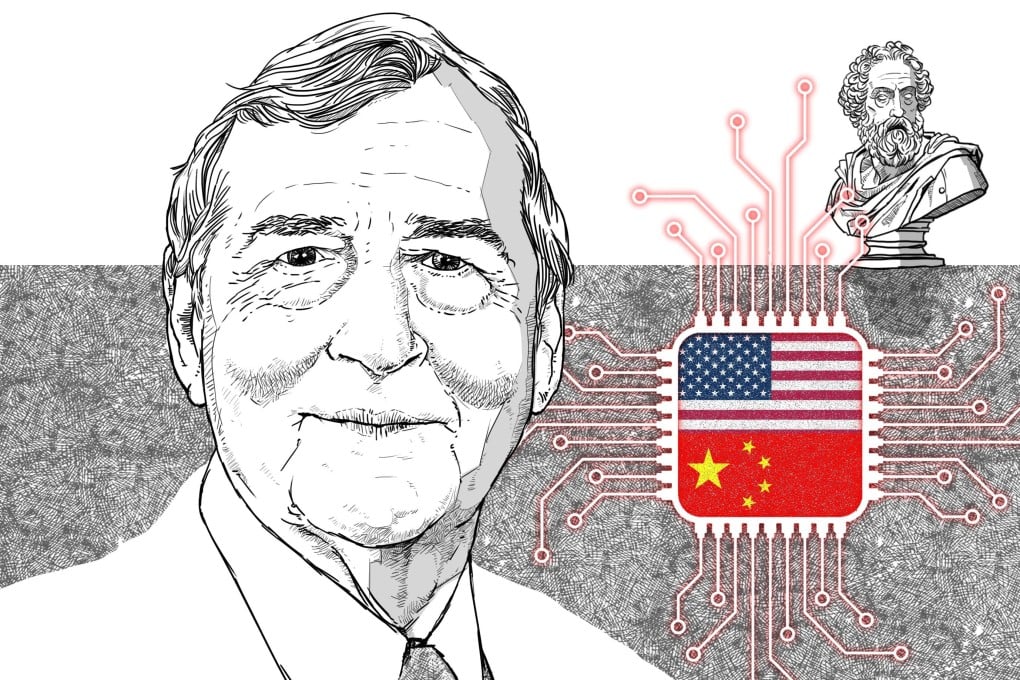Open Questions | Has a ‘Thucydides’ Trap’ been set? Political scientist Graham Allison gauges risks that could send US-China tensions into armed conflict
- Amid numerous risk factors, China’s ascension and America’s predominance appear destined for conflict
- But Allison says recent ‘trend lines’ could change trajectories towards a more ‘constructive relationship’

Professor, I want to start by asking about your trip to China in March and your conversations with Chinese President Xi Jinping. Were there any fresh insights you made on this trip? And what was your sense of how China views the state of US-China relations?
I had a great opportunity in this recent trip over the course of nine days to get to see not only President Xi Jinping but [Foreign Minister] Wang Yi and almost all of their foreign policy leadership. And it was not simply for speed meetings but most of these were one-on-one meetings with extended conversations. So I would take away three big points, I think.
First point, there’s no question that Xi Jinping is in charge, that he feels in command, that he is the same Xi Jinping that I described in my book Destined for War, where essentially I channelled or tried to channel [former prime minister of Singapore] Lee Kuan Yew with his assessment of the man. He is hugely ambitious, very confident and determined to make sure that China becomes everything that it can be. In one line: he is committed to “make China great again”. And he believes that he is going to do this during his period as the leader of China. So I would say all the rumour mills about him feeling anxious or distressed or concerned or insecure, I saw no evidence of that.

But what we can observe, since San Francisco, is that a number of trend lines that were going in one direction have had a pretty sharp break and they’re going in another direction. For example, the number of close military encounters in the Taiwan Strait, which are dangerous incidents as an example, but there’s a half-dozen more as well.
